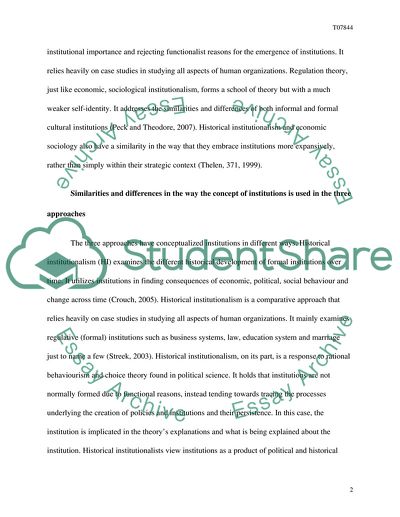Cite this document
(Similarities and Differences in the Way the Concept of Institutions Is Term Paper, n.d.)
Similarities and Differences in the Way the Concept of Institutions Is Term Paper. Retrieved from https://studentshare.org/politics/1839486-comparative-political-economy
Similarities and Differences in the Way the Concept of Institutions Is Term Paper. Retrieved from https://studentshare.org/politics/1839486-comparative-political-economy
(Similarities and Differences in the Way the Concept of Institutions Is Term Paper)
Similarities and Differences in the Way the Concept of Institutions Is Term Paper. https://studentshare.org/politics/1839486-comparative-political-economy.
Similarities and Differences in the Way the Concept of Institutions Is Term Paper. https://studentshare.org/politics/1839486-comparative-political-economy.
“Similarities and Differences in the Way the Concept of Institutions Is Term Paper”, n.d. https://studentshare.org/politics/1839486-comparative-political-economy.


